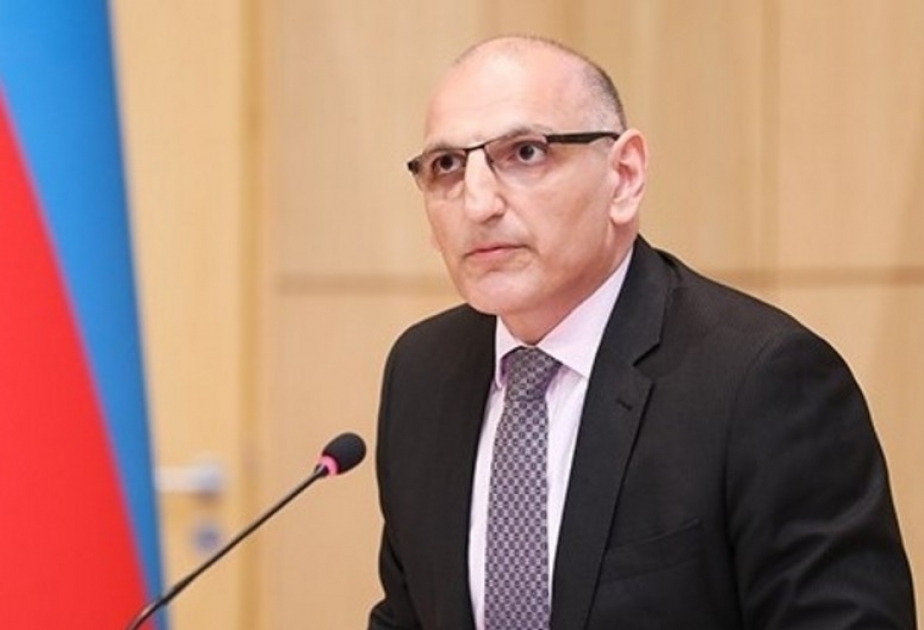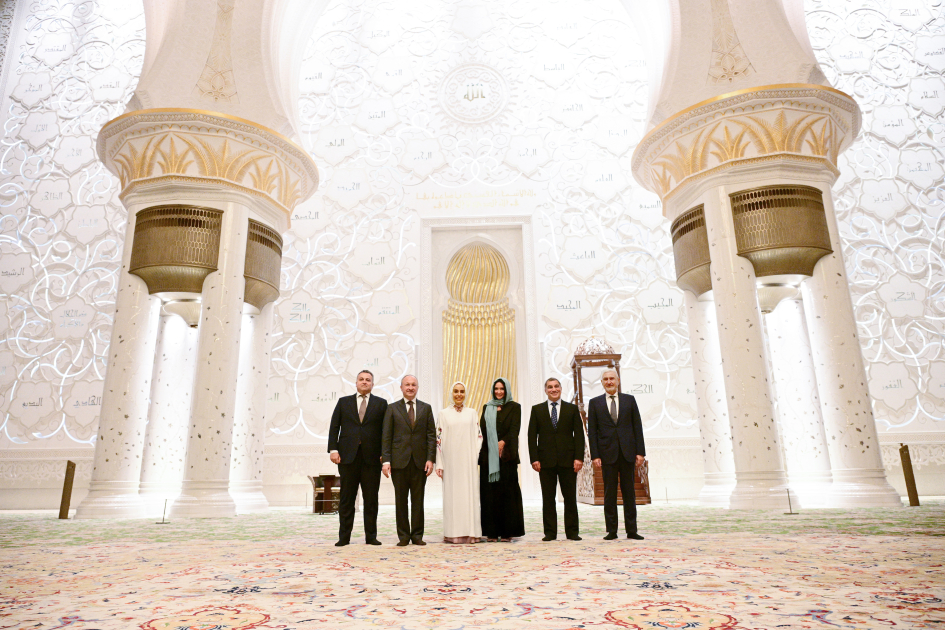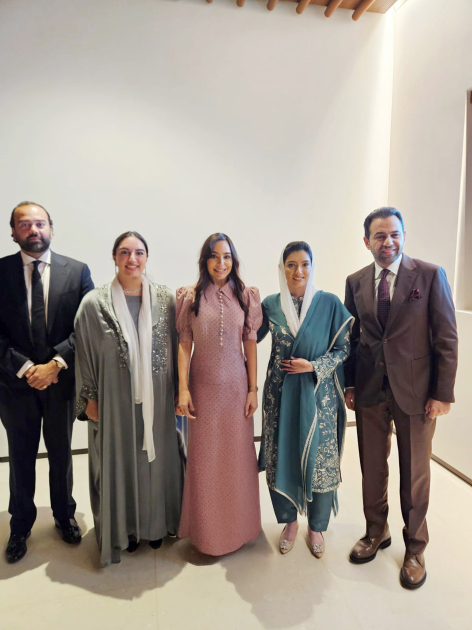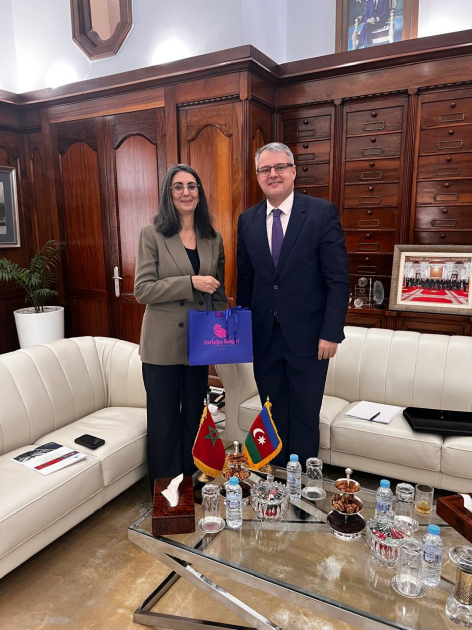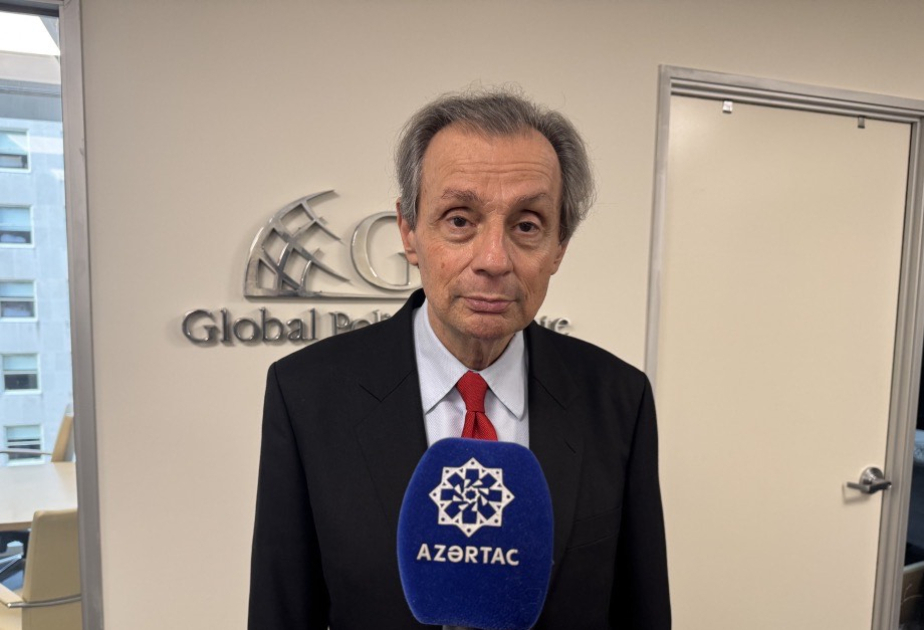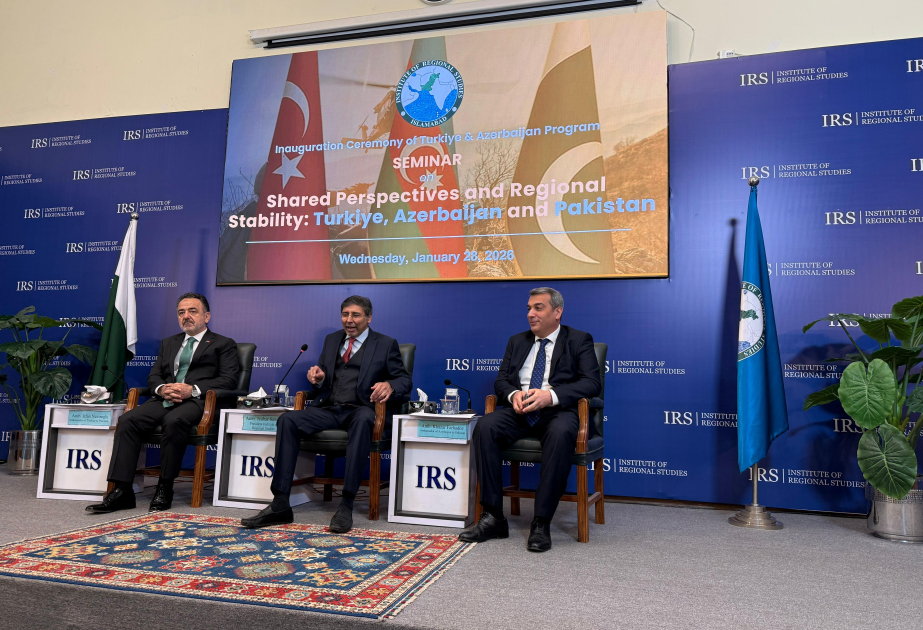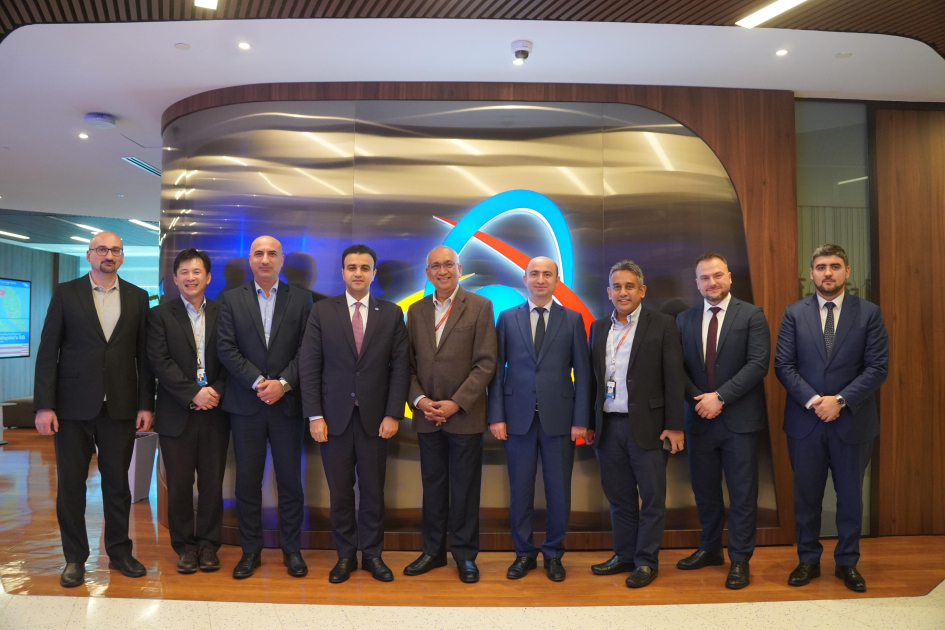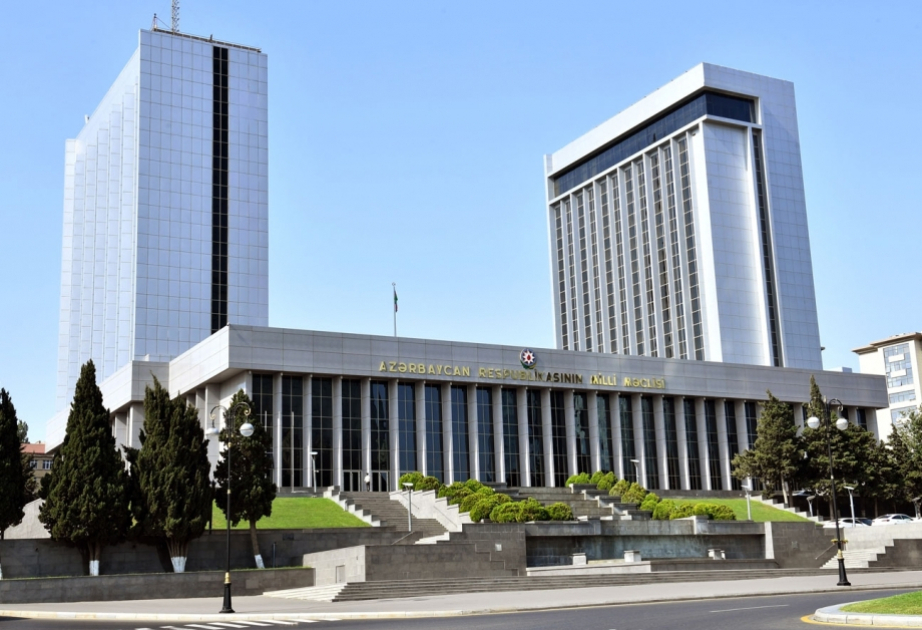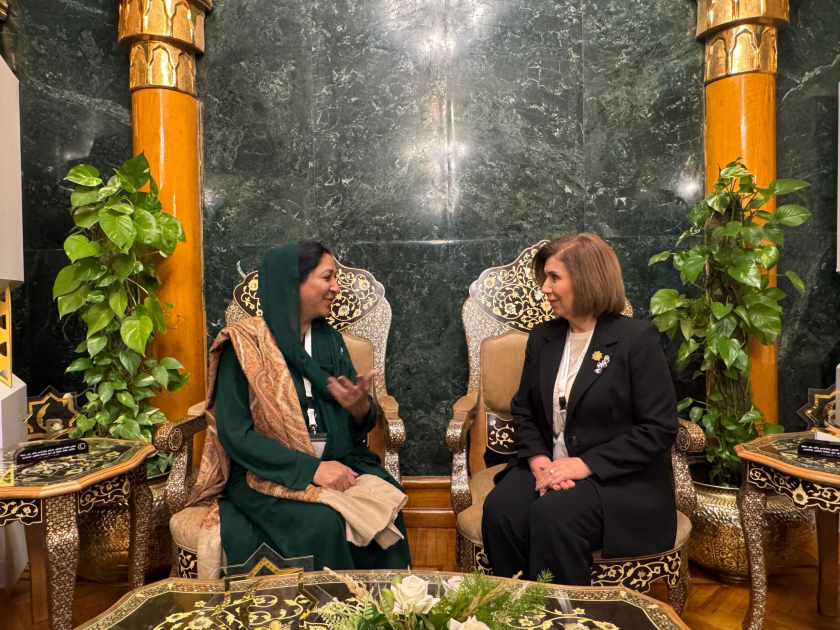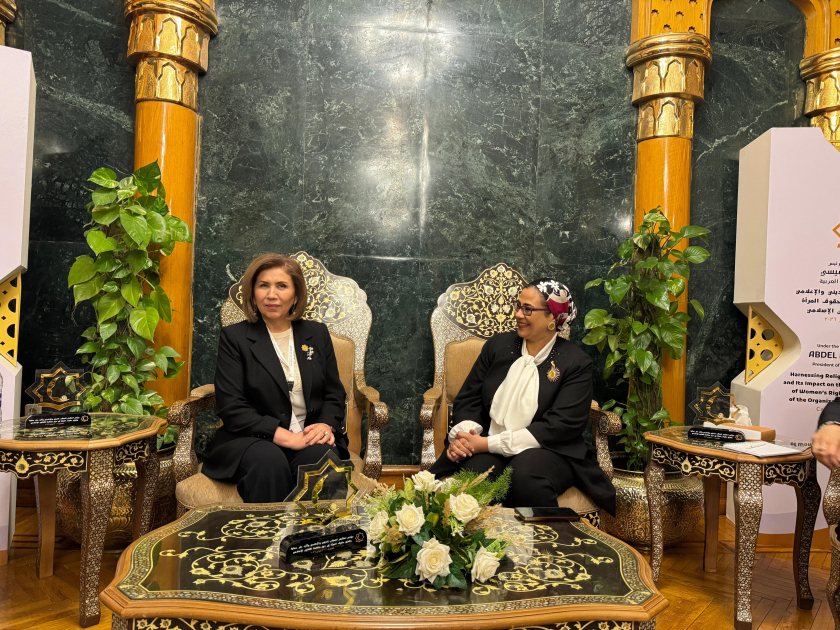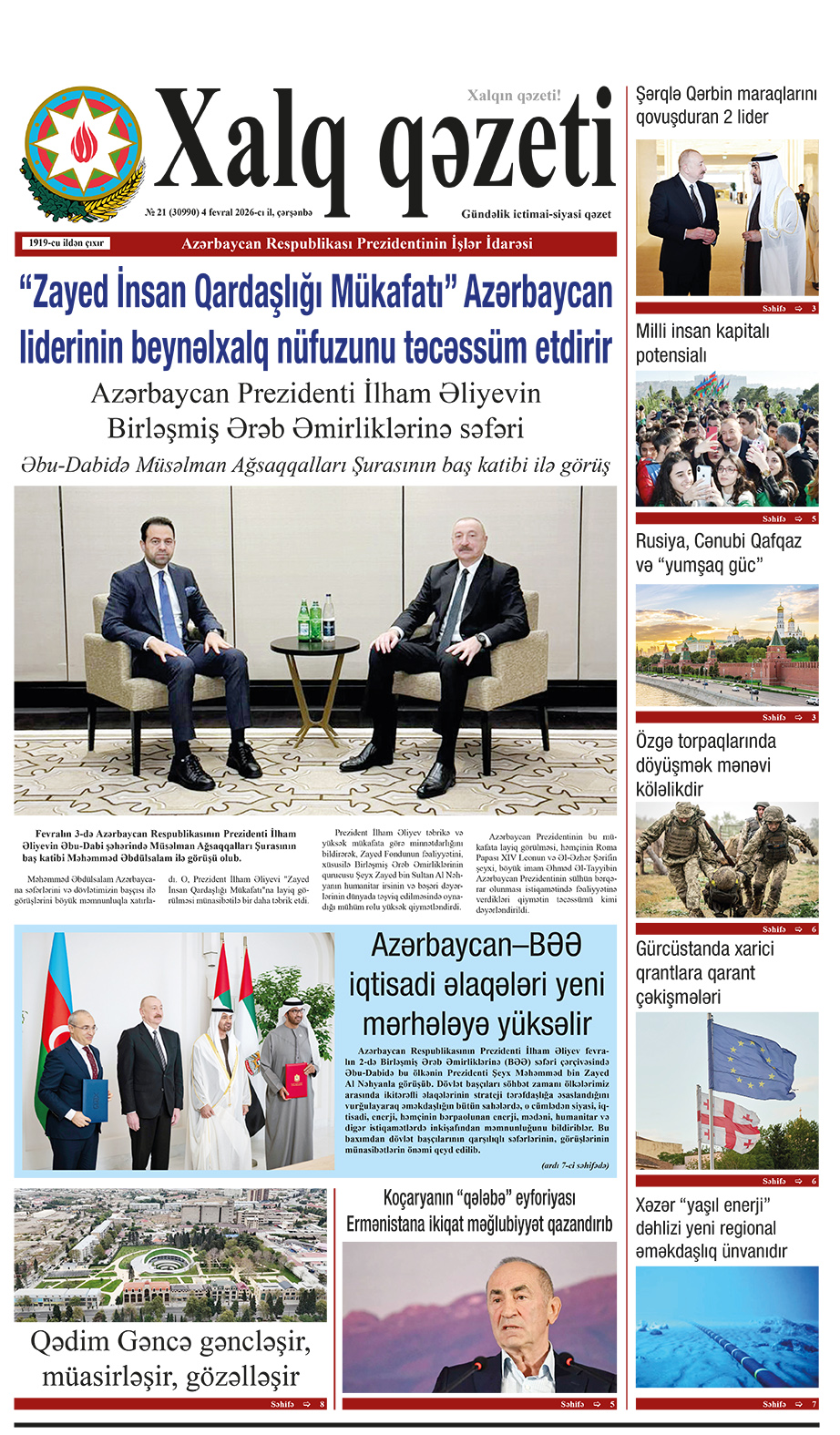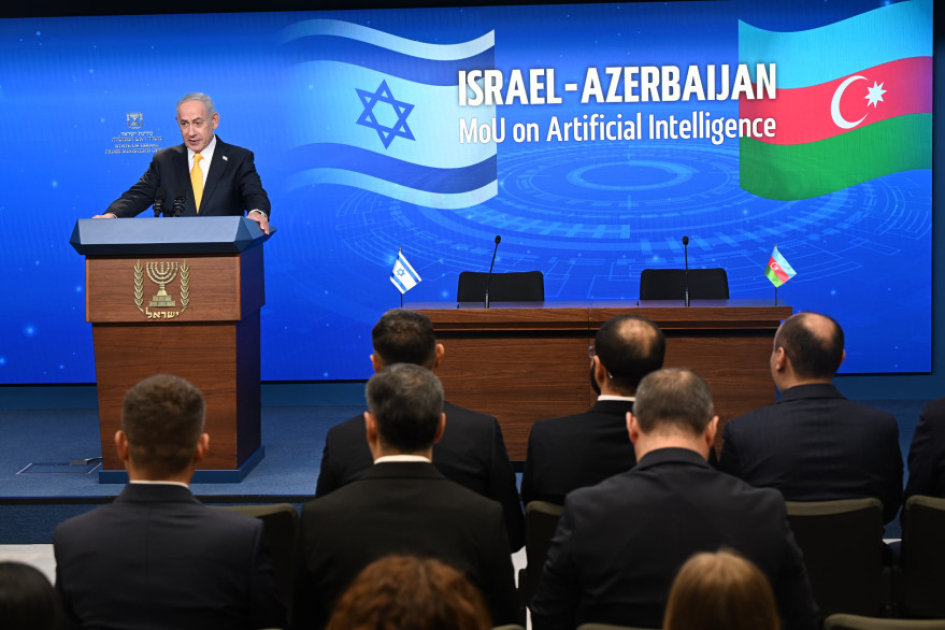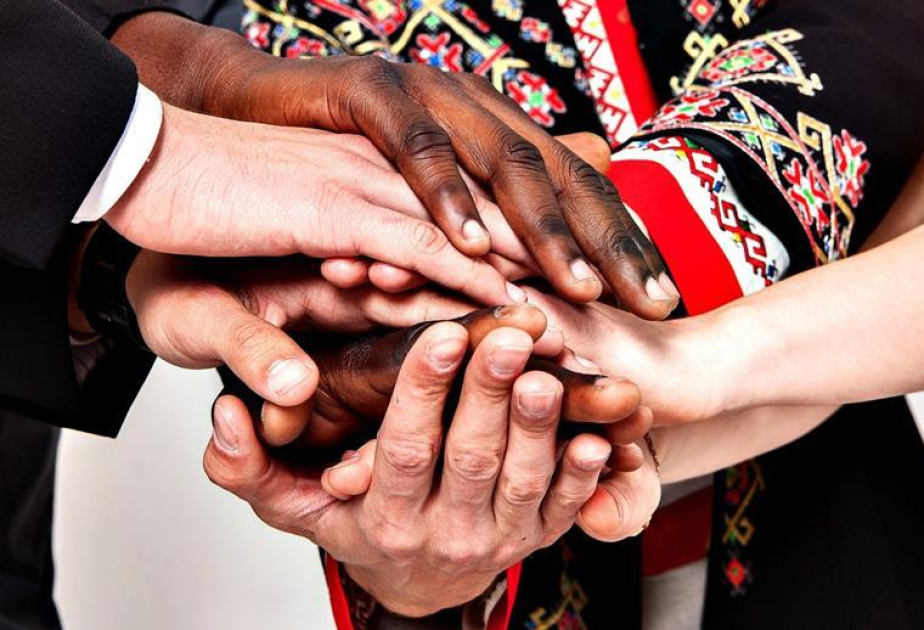We are proud of our religious diversity, which does not depend on any political conjuncture. Muslim, Jewish, Christian, we are all one family. It’s part of our DNA,” remarked Elchin Amirbayov, the Representative of the President of the Republic of Azerbaijan on special assignments, in an article featured by the US-based International Policy Digest.
The article emphasizes that “though predominantly Muslim, Azerbaijan boasts a government and education system reflective of its Muslim, Christian, and Jewish citizens”. Krishna Nag, the author of the article, noted that “Azerbaijan, poised strategically on the historic Silk Road, a nexus between East and West, has long been a beacon of hospitality”.
“The nation has previously received accolades for its religious tolerance, including commendations from Pope Francis, who hailed it as a beacon in a world rent by violent extremism.”
Despite these positive attributes, Azerbaijan finds itself unexpectedly penalized, the author notes. “In an enigmatic move, the United States has placed Azerbaijan on a religious freedom watchlist alongside nations like Iran, Pakistan, and Saudi Arabia. The U.S. Commission on International Religious Freedom cited concerns for the preservation of Christian heritage in Karabakh.”
“We regret and reject this unwarranted and biased decision,” expressed Elchin Amirbayov, Representative of President Ilham Aliyev on special assignments, during an interview with International Policy Digest. As a former ambassador to the Holy See, Amirbayov recounted Pope Francis’ visit to Baku in 2016, where the pontiff extolled Azerbaijan’s religious harmony.
The article underscores that the decision to list Azerbaijan as a watchlist country is puzzling. “International law has consistently recognized Karabakh and its surrounding provinces as Azerbaijani territory. Despite UN resolutions demanding Armenia’s withdrawal, Azerbaijan only recently reacquired its territories after decades of Armenian occupation.”
Amirbayov stated that Western observers, including Emmanuel Dupuy of the L’Institut Prospective et Sécurité en Europe, have condemned the desecration and destruction of Azerbaijani cultural sites by Armenian forces over the years. “Over decades, Azerbaijani cultural artifacts in Karabakh have been systematically vandalised, misappropriated, and destroyed,” Dupuy said.
The inclusion of Armenia on the same watchlist, however, never materialized, prompting accusations of double standards from Amirbayov. He contrasts this with Azerbaijan’s commitment to safeguarding all cultural and religious sites post-liberation. Furthermore, Azerbaijan perceives potential bias in the U.S. Commission’s report, noting that one of its authors, Danielle Saroyan Ashbahian, has ties to Armenian advocacy groups.
“The U.S.’s apparent partiality in this matter is concerning. It risks sidelining Azerbaijan, a country whose secular Muslim identity and alignment with the West render it a potential mediator in regional conflicts. Azerbaijan’s recent peace overtures towards Armenia underscore this potential,” the article says.
“In a world craving moderation and tolerance, it is counterproductive to estrange a strategic partner like Azerbaijan. Instead, the West would do well to harness Azerbaijan’s rich experience of religious pluralism, guiding a more harmonious existence in the Middle East and elsewhere,” the author concludes.


